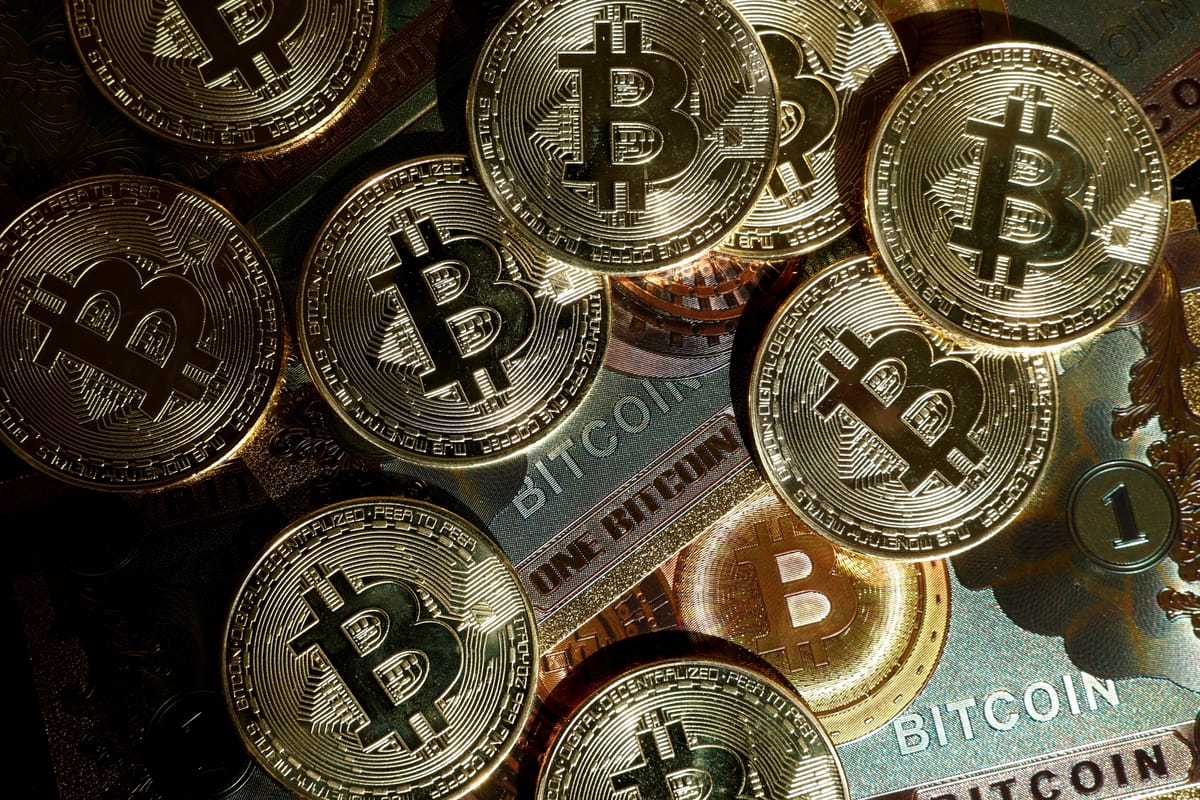Banks and Crypto: What the European Central Bank is Saying

So, the European Central Bank, you know, the big boss of money stuff over there, had a guy named Fabio Panetta talking about crypto the other day. He's also in charge of the Bank of Italy. Anyway, he was saying banks need to be super careful when they offer services for crypto stuff. Like, if things go bad and people lose money, it could make folks stop trusting banks. That's a big deal, right?
He's kinda worried because more and more, the crypto world and the old-school bank world are getting buddy-buddy. He sees more banks teaming up with companies that do digital assets. Panetta figures people who have crypto might not totally get what it is. They might think it's like regular bank stuff, and if they lose cash, it could really mess up how people feel about the whole banking system.
Check this out, Italy's biggest bank, Intesa Sanpaolo, actually bought a million euros of bitcoin back in January. Their CEO said it was like a test. They even have a whole team just for trading digital stuff that they set up last year. And guess what? Santander, another big bank over in Spain, is also thinking about getting more into digital assets, maybe even offering something called a stablecoin and letting regular customers buy crypto. Wild, huh?
Panetta also brought up stablecoins. These are supposed to stay steady in value, like tied to a regular currency. He's worried they could mess with how we usually pay for things, especially if big tech companies decide to push them hard. He pretty much said that without good rules, stablecoins are probably not a good way to pay for stuff. He thinks their value as payment is, well, doubtful at best.
But, he also said it would be dumb to think we can stop crypto from spreading just by making rules against it. He figures we need to keep up with all the tech changes. And that's where the whole digital euro idea comes from, according to him. The European Central Bank is actually working on a digital currency because they want to have something to compete with all these private digital options that could make central bank money less important.


